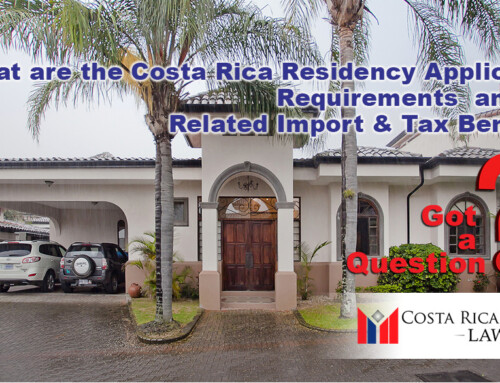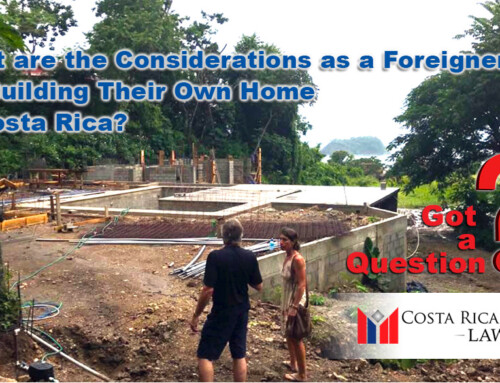How Is Civil Dispute Resolution Handled in Costa Rica?
As with most Democratic countries, the Costa Rica formal resolution processes for the settlement of civil disputes between their citizenry consists of Conciliation, Mediation, Arbitration, and/or Court proceedings. All of the dispute resolution processes tend to be very time-consuming and costly. However, if a negotiated settlement of a dispute is not possible, certainly proceeding to a Conciliation, Mediation, or Arbitration proceeding to resolve a dispute, is preferable to a formal Court Proceeding, both as to the time required for concluding the process and the legal costs involved.
Conciliation, Mediation, and Arbitration
Conciliation, Mediation, and Arbitration are all dispute resolution proceedings governed by the “Ley Sobre Resolution Alterna de Conflicts y Promocion de la Paz Social” (The Law Governing the Alternative Resolution of Conflict Disputes and the Promotion of Social Peace). In Costa Rica, it is a right for the parties that have a civil dispute to agree to enter into one of these less formal alternative dispute resolution processes, rather than proceeding to Court. Various private entities, regularly engaged in the civil dispute resolution process and recognized and regulated by the Ministry of Justice, are able to undertake these alternative dispute resolution processes in designated locations. The documentation submitted and the nature of the proceedings taken, are open to a liberal interpretation between the parties to the dispute.
Court Proceedings
Court Proceedings for civil dispute resolution involve a much more formal process of documentation and presentation than the alternative dispute resolution processes previously described. The Roman Civil Law System utilized in Costa Rica, involves a codified statutory process and does not recognize the binding effect of precedent cases decided in the Courts, in the case at bar, as does the English Common Law System, utilized in the majority of Canada, the United States, and the British Commonwealth Countries. This results in Court cases being much less predictable as to their outcome by counsel for the parties and much more open to arbitrariness in the applicability of a particular codified statute in the decision making process by the presiding Judge. The Civil Law System requires much more formality in the documentation presented and considerably more time to reach a conclusion in the proceedings than a similar proceeding in a Common Law jurisdiction. Legal costs are likewise, correspondingly higher.
My Opinion
I am not a litigation lawyer. However, in my opinion, a negotiated settlement between disputing parties, is a much better resolution of any dispute, than entering into a formal Court proceeding, or an alternative dispute resolution process, as previously described. A party taking less of a settlement amount in a negotiated settlement, in the majority of cases, will prove to be a better and a more profitable resolution of the dispute over-all. The time required to settle any dispute utilizing these formal dispute resolution processes, taken to their natural conclusion, is significant, amounting to many years in formal Court proceedings. In fact, many civil disputes are settled as a result of the death of one of the parties during the course of the proceeding, rather than a judgment being rendered by the Tribunal involved. However, such an unhappy occurrence for a litigant may be avoided by the making of a will executed in Spanish before a Costa Rica Notary Public, providing for an Executor to complete the lawsuit.






